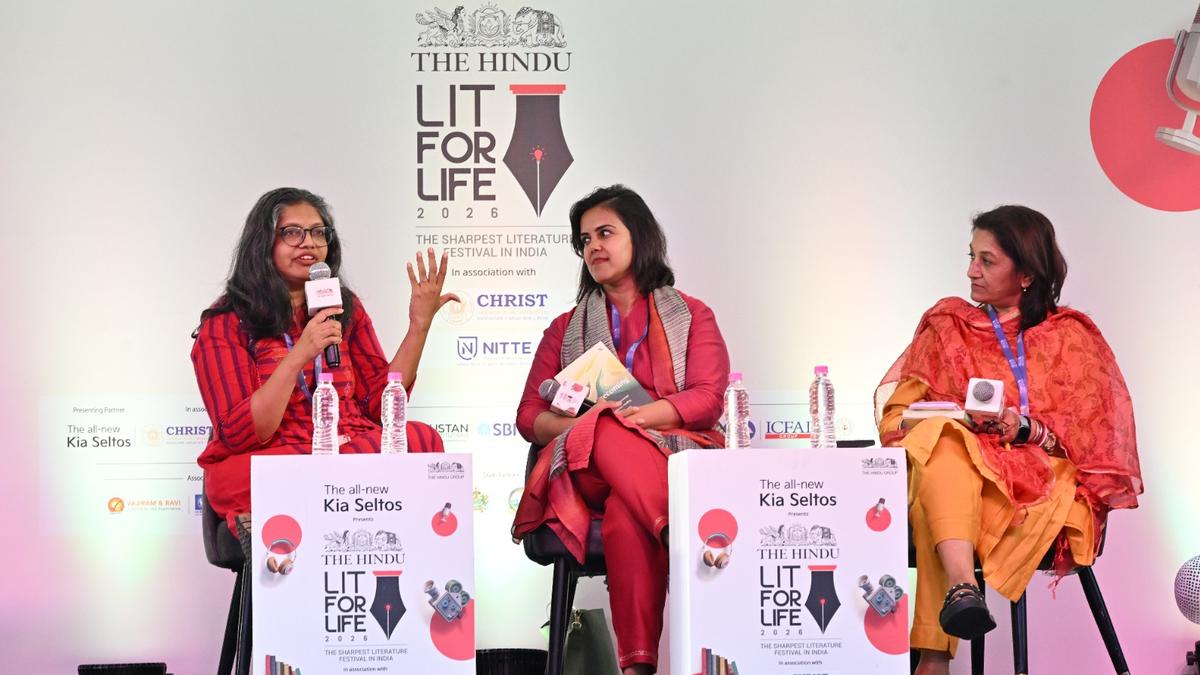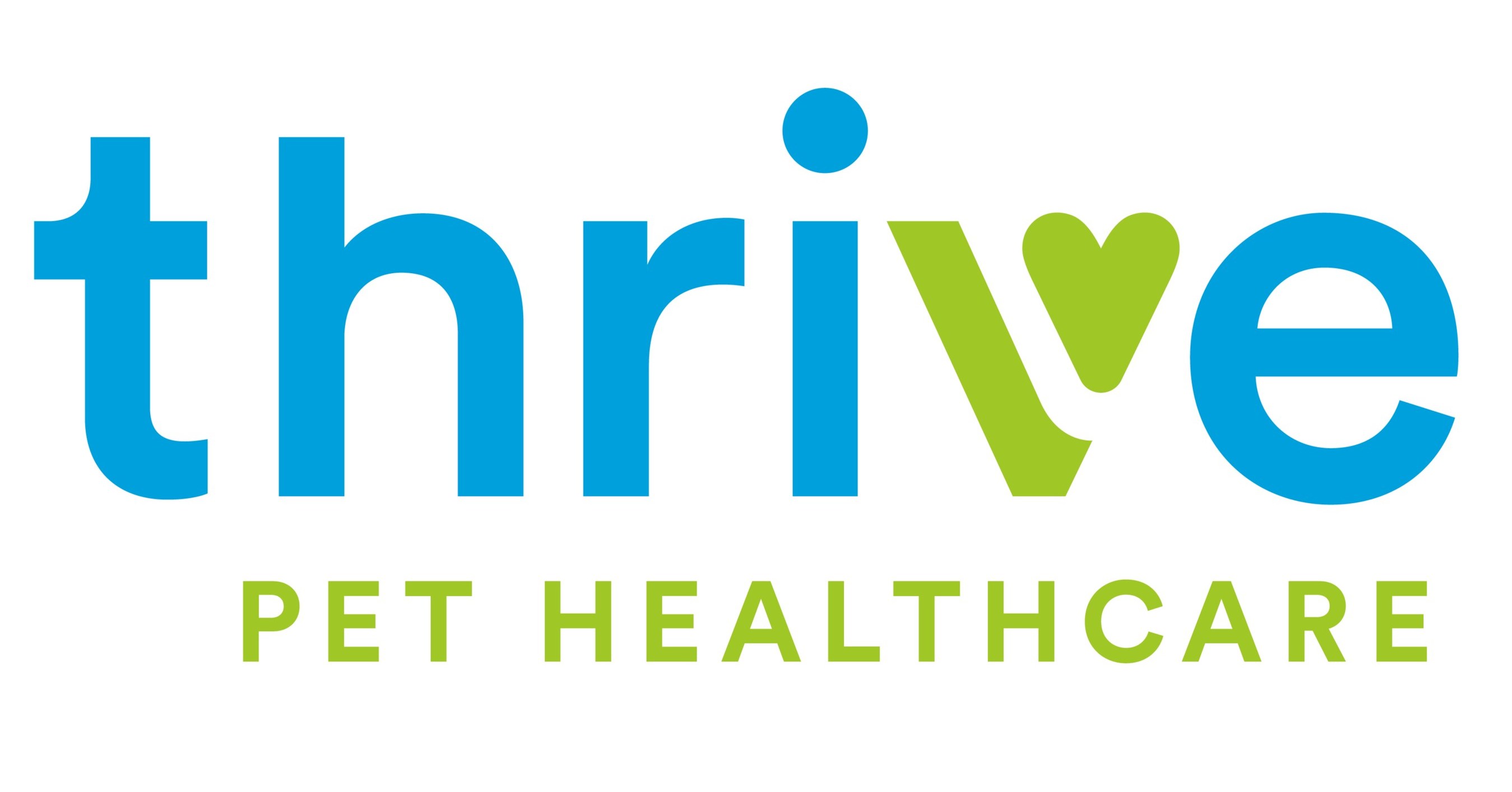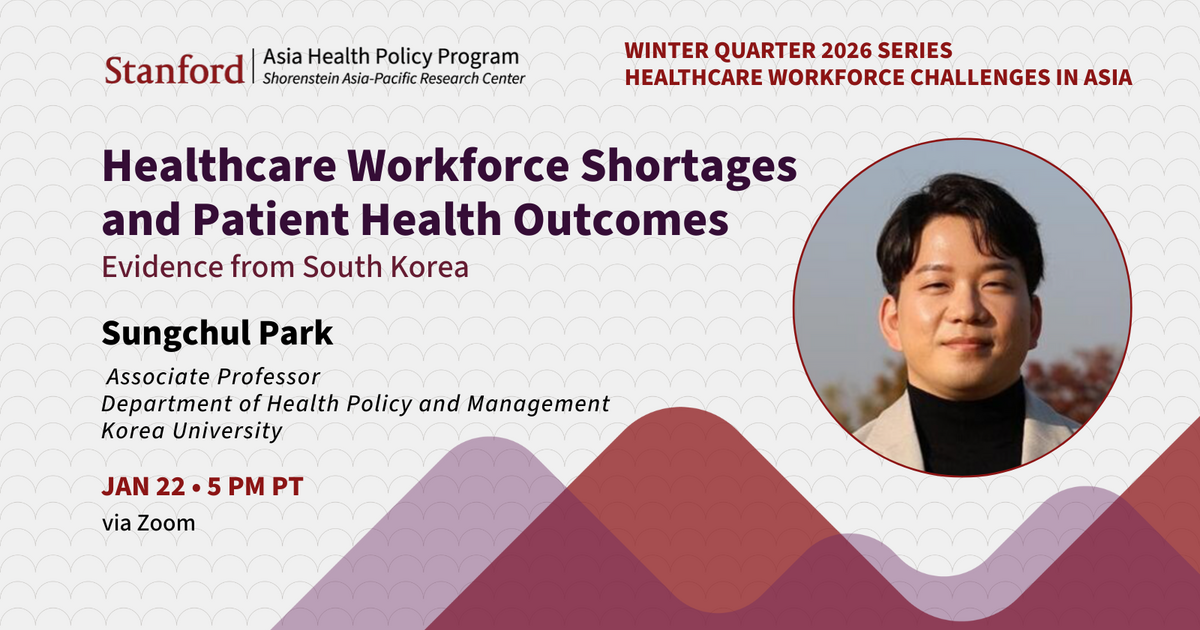Sukooni: a local approach to mental healthcare

Mental health has long been considered taboo in the culture of the Middle East, and so has seeking help. With the rise in telehealth solutions and the growing adoption of virtual healthcare delivery models, the demand for mental health tools and services has drastically spiked on the consumer and business fronts. As customers continue to comfort themselves around third-party platforms, a subset of startups emerged across the Middle East and North Africa region (Mena) looking to capitalise on the ever-growing need for safe, tech-enabled mental health solutions.
One such startup building a psychotherapy platform is Sukooni, founded earlier this year by Ali Owainati. The grassroots platform is aimed at battling stigmas around mental health and expanding access to relevant resources.
In the early stages of founding his startup, Owainati was inspired by the experience of his friends who struggled to seek help in the UAE at the heart of the pandemic. Instead, they sought out therapists from elsewhere. From there, Owainati was able to spot an unmet need for culturally sensitive care.
“Coming out of Covid-19, attitudes are now starting to change. The awareness of mental health challenges is growing. A few of my friends reached out to therapists from Europe and North America because they needed to talk to a professional. I spoke to a friend of mine, and he said to me, ‘there’s a gap, there’s a cultural gap,’” Owainati says.
For Owainati, the lack of cultural sensitivity in mental healthcare is chalked up to the shortfall of resources and inadequate focus on mental health within the broader health system. Similar to other mental wellness platforms, Sukooni is looking to address the shortage of availability of trained professionals and clinicians in the country.
Highlighting this acute treatment gap, Owainati says that in the UAE, there’s an average of 0.75 mental health professionals for every 100,000 people, while in the US, for example, there are 31 per 100,000.
“There are large discrepancies,” he says. “Based on our peer-reviewed market research, we found out that many of those interviewed in the UAE suffered from at least one mental health disorder.” Sixty per cent cited that stigma and a lack of awareness were the top barriers to accessing mental healthcare.
He adds: “A very large portion of women who have gone through childbirth experience postpartum depression. If we look into university universities, 55 per cent of university students in the UAE have anxiety or depression symptoms.”
Through its grassroots platform, Sukooni works chiefly to elevate the user experience by augmenting the human-to-human experience utilising data analytics and machine learning to enhance therapeutic outcomes while catering to the unique challenges and nuances of its target audience in the UAE and wider Mena region.
To attract therapists to join Sukooni, offers them competitive compensation, scheduling tools, flexible working hours, and access to its technology tools.
As it gears up for its platform launch next year in Q1, the startup’s current challenge is navigating the complex regulatory and compliance framework in the UAE.
“Unlike coaching and more holistic methods, clinical counseling is an evidence-based approach heavily regulated by the health authorities in the UAE,” says Owainati. “Therefore, we work to ensure that the platform adheres to the highest standards of privacy and security in the UAE, as well as the Health Insurance Portability and Accountability Act (HIPAA) out of North America and potentially even the General Data Protection Regulation (GDPR) out of Europe. We want to instil confidence in both our therapists and the end users.”
To further improve the platform’s capabilities and offerings, the startup is actively exploring funding opportunities. Its main challenge lies in showcasing a sustainable, scalable business model to investors and adapting it to healthcare regulations.
As the demand for culturally appropriate mental health services increases, the market offers growth opportunities not only for Sukooni but also for potential entrants to the same market.
“The demand is growing; the market is sufficient yet the resources are lacking. So I think there is plenty of opportunity; the pie is big enough,” he concludes.
link








:quality(75)/https://asset.kgnewsroom.com/photo/pre/2026/01/23/63295e03-df22-48ba-9aa5-60a61921ed48_jpg.jpg)